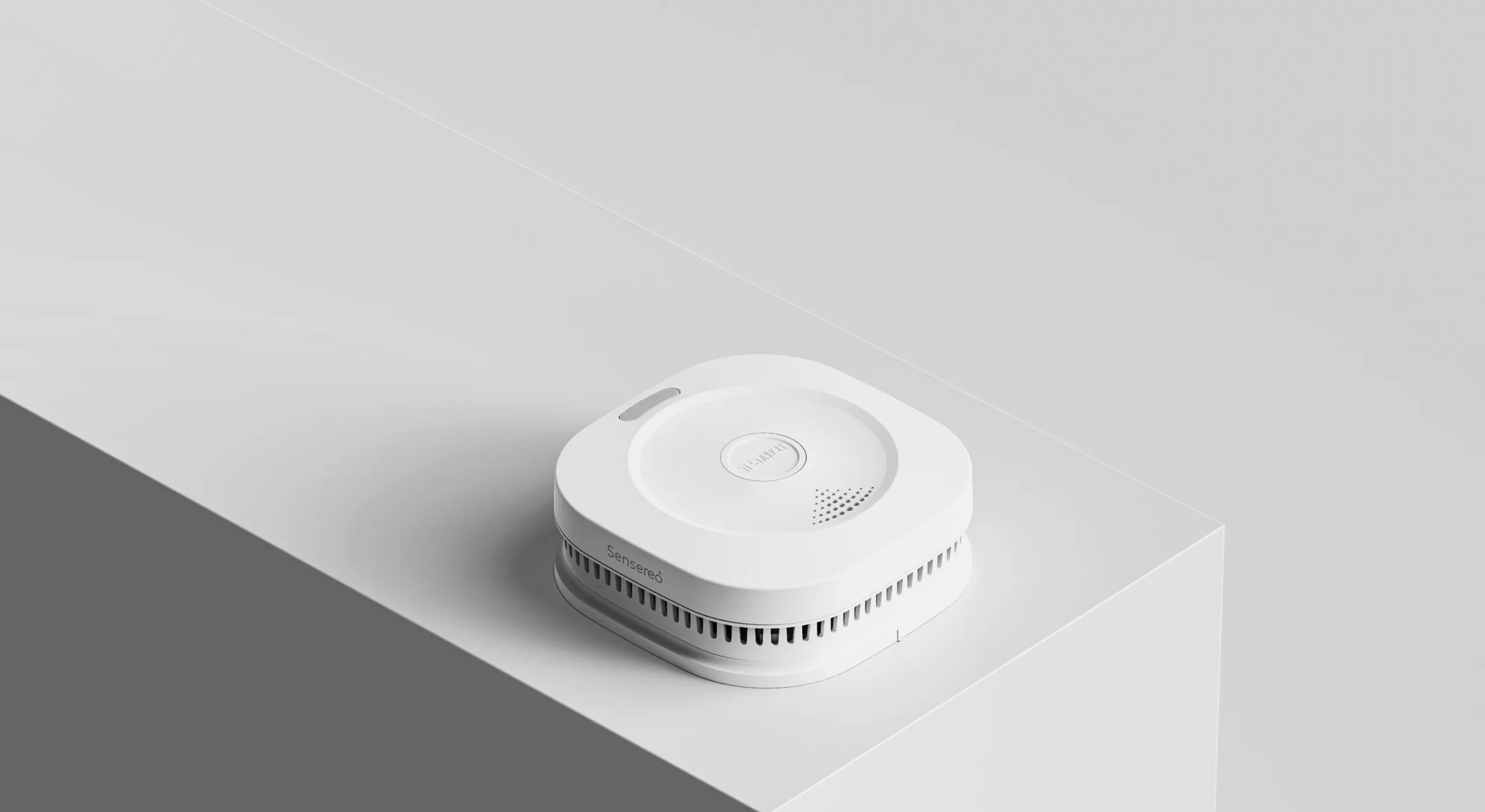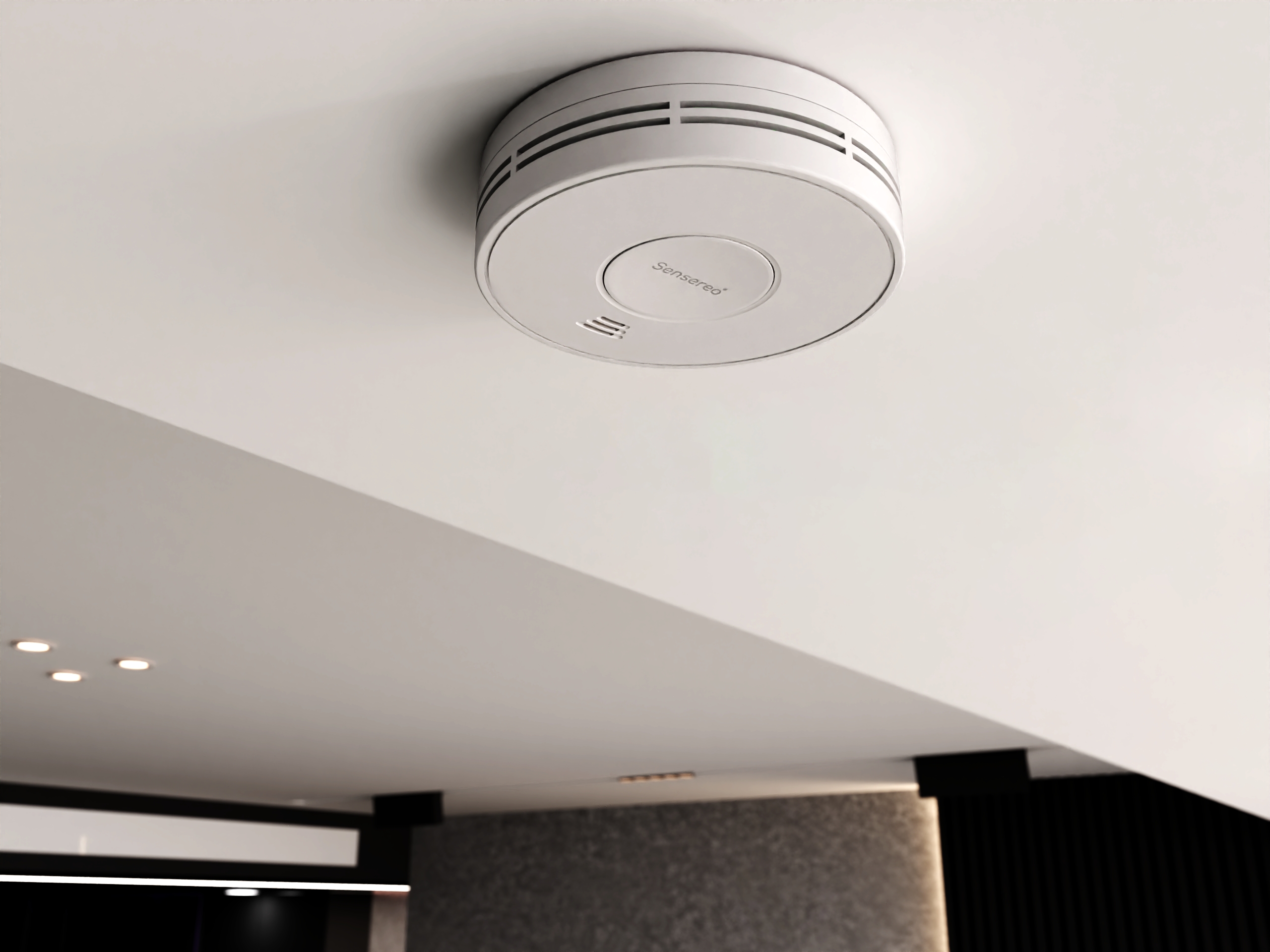
Smart homes are no longer futuristic. They’re becoming part of everyday life. From voice-activated lights to wireless smoke detectors, more people are investing in connected devices that promise safety, comfort, and convenience. At the heart of this shift is Matter over Thread, a new standard designed to bring different brands and gadgets into one secure and unified network.
But with more connectivity comes an important question: how safe is your smart home network when it runs on Matter over Thread? This article takes a closer look at what Matter over Thread is, how secure it really is, and what homeowners should know before filling their homes with smart devices.
Understanding Matter over Thread
Before diving into security, let’s break down the basics. What is matter over thread? Matter is a universal smart home standard backed by Apple, Google, Amazon, Samsung, and the Connectivity Standards Alliance (CSA). Its main goal is interoperability ensuring all Matter compatible devices can work across ecosystems. Thread is a low-power mesh networking protocol that allows devices to communicate directly with each other, instead of relying solely on Wi-Fi. When combined, Matter over Thread creates a robust, decentralized network where Matter compatible devices talk to each other with minimal latency which is ideal for security-critical devices like a Matter smoke detector.
Matter Compatible Devices in Everyday Homes
The promise of Matter is interoperability: one standard that lets you choose devices based on quality, not brand loyalty. Matter compatible devices now include smart plugs, lights, sensors, thermostats, and detectors, with more categories launching every year. This flexibility is great news for homeowners. You could, for example, use an Apple HomePod to control a Google Nest thermostat alongside a smart plug from Amazon—all connected on the same network. For safety devices, compatibility is especially valuable. A Matter over Thread smoke alarm or carbon monoxide detector can work in harmony with motion sensors, door locks, and voice assistants. Imagine a scenario where smoke is detected, lights automatically turn on, and an alert is sent to your phone, no matter what brands you’ve installed.
Explore Sensereo’s smoke alarm to see how modern detectors fit into a connected smart home setup.

Why Security Matters in Matter Over Thread Devices
Smart home convenience often comes at a cost: more connected devices mean more potential entry points for hackers.
Key Risks:
- Unauthorized Access: Weak passwords or outdated firmware on Matter compatible devices could allow intruders to gain control.
- Data Privacy: Motion sensors, locks, and even a Matter smoke detector generate usage data that, if compromised, reveals patterns about your daily life.
- Network Weak Spots: While Thread uses mesh networking, a poorly configured border router could expose the entire system.
“A smart home is only as secure as its weakest device,” warns cybersecurity consultant Dr. Alicia Morgan.
How Secure is Matter Over Thread
Security is often the first concern when connecting dozens of devices in your home. No one wants a hacker accessing cameras, locks, or alarms. That’s why the Matter standard was designed with security baked in from the start.
Here’s how it works:
End-to-end encryption: Data moving between devices is encrypted, making it unreadable to outsiders.
Device authentication: Every device must prove its identity before joining the network, preventing fake or malicious gadgets from sneaking in.
Local control: Because Matter over Thread devices can communicate without relying heavily on cloud servers, there’s less risk of data interception.
Regular updates: Matter devices are required to support over-the-air updates, so vulnerabilities can be patched quickly.
Compared with older protocols like Zigbee or Wi-Fi-based systems, Matter reduces the dependency on cloud storage and third-party servers. That alone improves security, since your commands and device data stay mostly inside your home.
Common Security Challenges with Matter Compatible Devices
Even with strong architecture, real-world issues exist.
1. Outdated Firmware Many users neglect updates, leaving Matter compatible devices vulnerable.
2. Weak Passwords While Matter itself enforces authentication, companion apps sometimes rely on user-generated credentials.
3. Device Placement A Matter smoke detector in a detached garage may connect through a weak Thread link, creating opportunities for packet interception.
4. Ecosystem Fragmentation Not all platforms roll out updates equally fast. Google Home may push a patch faster than Apple HomeKit, leaving inconsistencies.
Best Practices to Keep Your Smart Home Secure
If you’re building or expanding a Matter-enabled home, follow these steps to maximize safety:
Use strong Wi-Fi security. Even though Thread runs locally, many devices still connect through your Wi-Fi router. Use WPA3 encryption if possible.
Keep devices updated. Enable automatic updates so your Matter compatible devices always have the latest security patches.
Buy from trusted vendors. Stick to brands with a reputation for quality and transparency, like Sensereo, which specializes in advanced safety detectors.
Segment your network. If possible, create a separate Wi-Fi network for smart devices to limit exposure.
Test alarms regularly. A smart smoke detector is only valuable if it works. Schedule routine checks just as you would with traditional alarms.
Matter Over Thread vs. Other Smart Home Standards
| Feature | Matter over Thread | Zigbee | Wi-Fi Only |
| Encryption | ✅ Strong, built-in | Partial | Depends on app |
| Device Authentication | ✅ Mandatory | Optional | Varies |
| Power Usage | Low (ideal for Matter smoke detector) | Low | High |
| Attack Surface | Distributed mesh | Hub-centric | Router-centric |
Matter compatible devices are generally more secure than older standards, thanks to their decentralized, encrypted design.
Future of Matter Over Thread Security
As adoption grows, so will attempts to exploit it. Manufacturers and the CSA are already working on:
- Post-quantum encryption for future-proofing.
- Automated anomaly detection — devices that can self-report if hacked.
- Standardized updates across ecosystems (Google, Apple, Amazon).
FAQ: Matter Over Thread Security
Q: Are Matter compatible devices safer than Wi-Fi smart devices?
A: Yes. Matter over Thread uses decentralized networking and stronger encryption.
Q: Can someone hack my Matter smoke detector?
A: It’s possible if firmware is outdated, but extremely unlikely if updates and encryption are enabled.
Q: Do Matter compatible devices work offline?
A: Yes. One of the biggest benefits of Matter over Thread devices is local control without cloud dependency.
Q: Is Matter over Thread secure enough for door locks?
A: Yes, provided you follow best practices like strong authentication and firmware updates.
Q: What’s the difference between Matter compatible and just “Matter supported”?
A: “Matter compatible devices” are fully certified by the CSA, ensuring compliance with security standards.
Final Thoughts
The future of smart living is about more than voice commands and automation. It’s about protecting what matters most. With Matter over Thread, the smart home industry has taken a big step toward secure, reliable, and user-friendly networks. If you’re ready to explore smart safety smoke alarms that align with this future, Sensereo has you covered. Check out our smoke alarm collection to bring dependable protection into your connected home.




